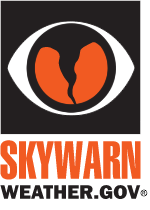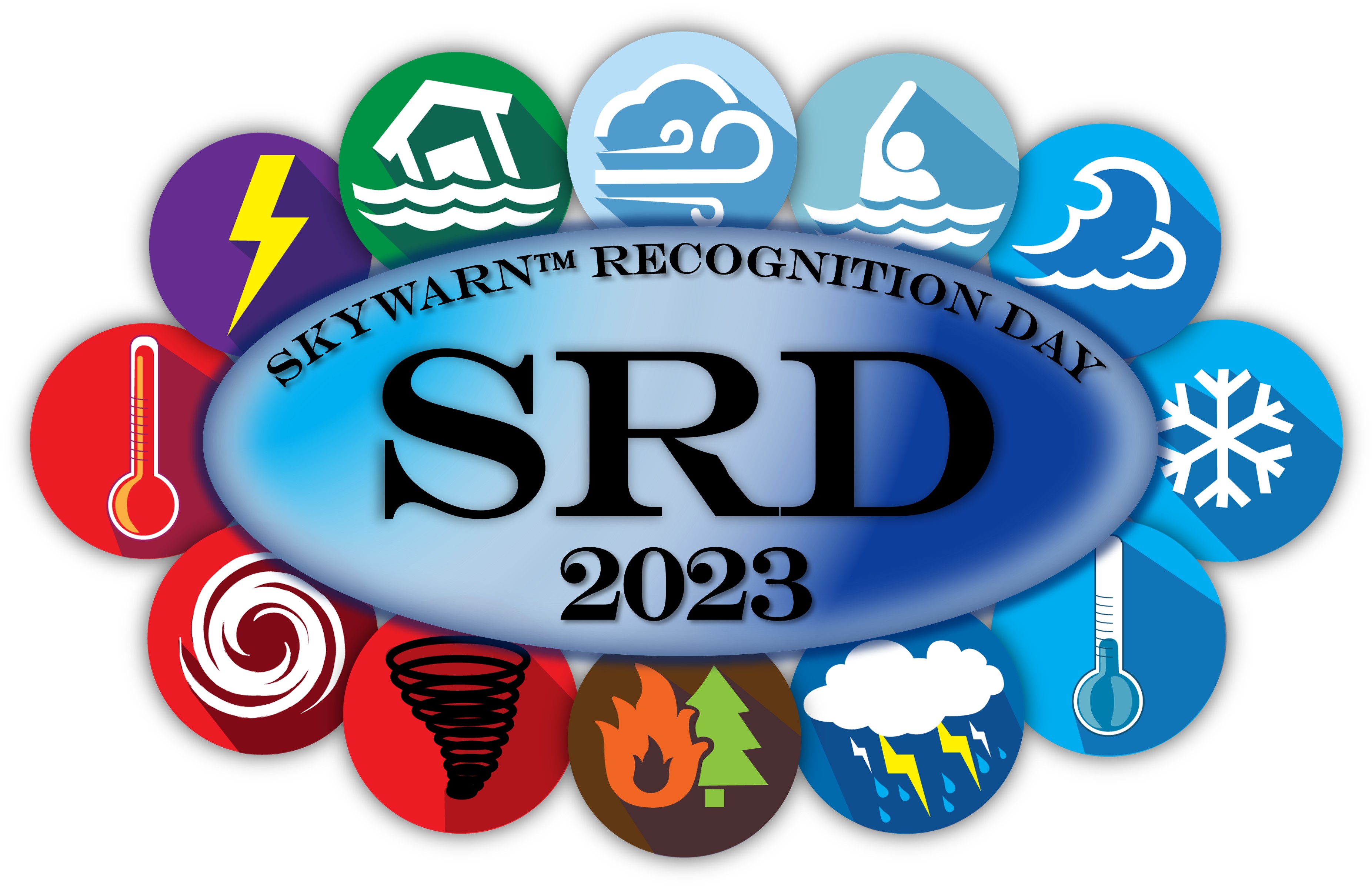|
  In most years, thunderstorms, tornadoes and lightning cause hundreds of injuries and deaths and billions in property and crop damages. To obtain critical weather information, the National Weather Service (NWS) established SKYWARN® with partner organizations. SKYWARN® is a volunteer program with between 350,000 and 400,000 trained severe weather spotters. These volunteers help keep their local communities safe by providing timely and accurate reports of severe weather to the National Weather Service. In most years, thunderstorms, tornadoes and lightning cause hundreds of injuries and deaths and billions in property and crop damages. To obtain critical weather information, the National Weather Service (NWS) established SKYWARN® with partner organizations. SKYWARN® is a volunteer program with between 350,000 and 400,000 trained severe weather spotters. These volunteers help keep their local communities safe by providing timely and accurate reports of severe weather to the National Weather Service.
Although SKYWARN® spotters provide essential information for all types of weather hazards, the focus is reporting on severe local thunderstorms. In an average year, the United States experiences more than 10,000 severe thunderstorms, 5,000 floods and more than 1,000 tornadoes.
Since the program started in the 1970s, the information provided by SKYWARN® spotters, coupled with Doppler radar technology, improved satellite and other data, has enabled NWS to issue more timely and accurate warnings for tornadoes, severe thunderstorms and flash floods. SKYWARN® storm spotters form the nation's first line of defense against severe weather. There can be no finer reward than to know that your efforts have given your family and neighbors the precious gift of time--minutes that can help save lives.
Who is eligible and how do I get started?
NWS encourages anyone with an interest in public service to join the SKYWARN® program. Volunteers include police and fire personnel, dispatchers, EMS workers, public utility workers and other concerned private citizens. Individuals affiliated with hospitals, schools, churches and nursing homes or who have a responsibility for protecting others are encouraged to become a spotter. Ready to learn more? Find a class in your area. Training is free and typically lasts about 2 hours. You'll learn:
- Basics of thunderstorm development
- Fundamentals of storm structure
- Identifying potential severe weather features
- Information to report
- How to report information
- Basic severe weather safety
Need help with other local information such as a missing class schedule? If you need help with a class schedule, contact your local Warning Coordination Meteorologist. He or she can let you know about upcoming classes. Classes typically are held in an office's relatively slow season. Classes are NOT typically offered all year. Schedules vary from office to office.
Looking for our online program? You also can also take our free online spotter program. Some offices also ask that you take a local class to learn about weather unique to your area.
SKYWARN name and logo are trademarked: SKYWARN® is a registered trademark of NOAA's National Weather Service. Please read the rules for the usage of the SKYWARN® name and logo.
Supplemental Resources
The collection of Skywarn information is authorized under the OMB Control Number included in the Paperwork Reduction Act and Privacy Act statements you can access here.
|
